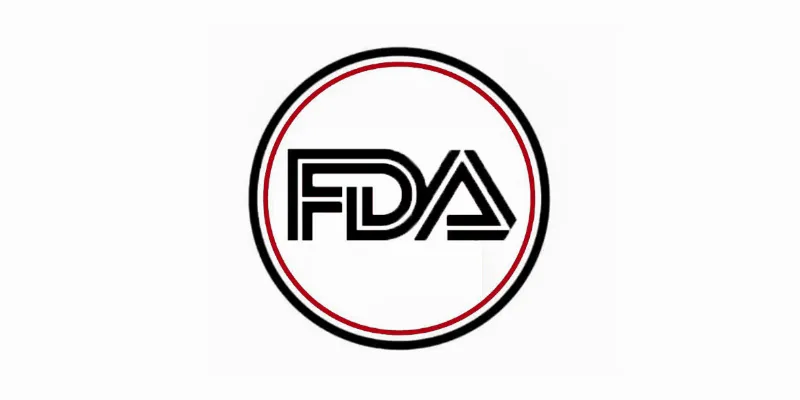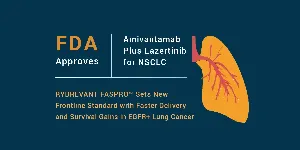FDA Grants Priority Review to Amgen's Tarlatamab: A New Hope for Small Cell Lung Cancer

13 December 2023
Amgen announced that the FDA has accepted and granted Priority Review to tarlatamab, a potential first-in-class targeted therapy for advanced small cell lung cancer (SCLC). Tarlatamab demonstrated a 40% objective response rate, with 59% of these patients experiencing a response duration of at least six months. Currently, there are no approved therapeutic options for third-line treatment of advanced SCLC, and tarlatamab could be the first therapy for a major solid tumor.
The fight against advanced small cell lung cancer (SCLC) has entered a promising new phase with the recent developments around tarlatamab, a potential first-in-class therapy. The US Food and Drug Administration (FDA) has granted Priority Review to Amgen's Biologics License Application (BLA) for this innovative treatment, highlighting its potential significance in a field where options are currently limited.
This FDA decision underscores the potential of tarlatamab as a groundbreaking treatment for advanced SCLC, a cancer with limited options and poor prognosis. This marks a crucial step in offering new hope to patients who have exhausted existing treatments.
"While first-line treatments often show strong responses, patients can experience aggressive recurrences and long-term survival remains a challenge. Unfortunately, for patients who relapse, there are limited treatment options, emphasizing the importance of bringing new therapies to this patient population with advanced disease."said David M. Reese, M.D., executive vice president of R&D at Amgen.
The Phase 2 DeLLphi-301 trial
Demonstrating promising results in the Phase 2 DeLLphi-301 trial, tarlatamab could become the first approved Bispecific T-cell Engager (BiTE®) therapy for a major solid tumor, significantly advancing SCLC treatment post-platinum chemotherapy. The study results, featured at the 2023 European Society for Medical Oncology (ESMO) Congress and published in the New England Journal of Medicine, demonstrated significant antitumor activity, durable response, and encouraging survival outcomes.

Exploring Tarlatamab Treatment Mechanism
Tarlatamab works by bringing a patient's own T cells close to SCLC cells, facilitating the lysis of cancer cells. DLL3, the targeted molecule, is an attractive therapeutic target due to its high expression in SCLC cells and minimal presence in normal cells. The broad development program for tarlatamab includes multiple studies, evaluating its effectiveness as both a monotherapy and in combination with other treatments in various stages of SCLC, as well as in neuroendocrine prostate cancer.
In the DeLLphi-301 study, tarlatamab was administered at a 10 mg dose every two weeks, leading to an objective response rate of 40% in patients who had failed two or more prior lines of treatment. The treatment's safety profile is also noteworthy, with the most frequent adverse events being cytokine release syndrome (CRS), pyrexia, and dysgeusia, primarily of grades 1-2 in severity.
The trial observed 220 patients, with a median follow-up of around 10 months. In the 10-mg group, 40% of the patients showed an objective response. This response was durable, with 59% of these patients experiencing a response duration of at least six months. The median progression-free survival was 4.9 months in this group, with a 9-month overall survival rate of 68%. Cytokine-release syndrome was the most common adverse event, occurring primarily during the first treatment cycle and mostly being of grade 1 or 2 severity.
The ongoing clinical trials and the FDA's attention signal a potential breakthrough in the treatment of advanced SCLC. Tarlatamab's promising results offer a beacon of hope for patients who have had limited options so far.
About Bispecific T-cell Engager (BiTE) Technology
BiTE technology is an immuno-oncology platform designed to activate T cells against cancer by targeting tumor-specific antigens. This technology aims to provide off-the-shelf solutions, making advanced T cell treatments widely accessible. Amgen is actively developing multiple BiTE molecules for various hematologic malignancies and solid tumors, focusing on improving patient outcomes and therapeutic efficacy of this innovative approach.











Comments
No Comments Yet!